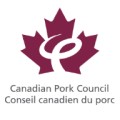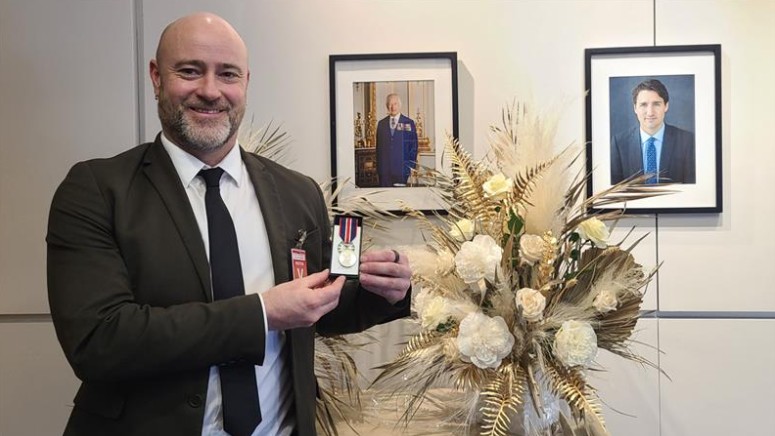 When Jeff Clark received the King Charles III Coronation Medal, it was more than just a personal achievement—it was a recognition of his decades-long contributions to Canada’s pork industry. Clark played a pivotal role in developing and implementing PigTRACE, a nationwide initiative that enhances disease response and food safety by tracking the movement of pigs across Canada through a data-driven system.
When Jeff Clark received the King Charles III Coronation Medal, it was more than just a personal achievement—it was a recognition of his decades-long contributions to Canada’s pork industry. Clark played a pivotal role in developing and implementing PigTRACE, a nationwide initiative that enhances disease response and food safety by tracking the movement of pigs across Canada through a data-driven system.
As a key figure in livestock traceability, his work has had a profound impact on the industry, ensuring transparency, safety, and efficiency in pork production.

Clark’s path to pig farming and livestock traceability was unconventional. His academic background was in medicine, focusing on breast cancer genetics and biochemistry research. However, his career took an unexpected turn toward natural resource management, leading him to work on woodland caribou habitat management, where he specialized in genetic assessments and habitat connectivity.
That experience proved invaluable. His research involved studying habitat connectivity—analyzing landscapes as networks with nodes of high-quality habitat and linkages for movement.
“This experience translated well into my work at the Canadian Pork Council (CPC), where I helped build a livestock traceability system,” Clark said.
That realization laid the foundation for his collaboration with the CPC, which he joined in 2005.
Reflecting on his career, Clark shared insights into his early involvement with traceability initiatives and the challenges of implementing such systems. Before PigTRACE became federal law in 2014, pig movement tracking in Canada was inconsistent, leaving the industry vulnerable to potential disease outbreaks.
“Anyone moving pigs in Canada—whether they’re a large-scale producer or a small hobby farmer—must report to a central database,” Clark said. “This ensures rapid traceability in case of a food safety issue or disease outbreak.”
However, implementing PigTRACE was not without challenges. “At first, there was skepticism. Farmers weren’t sure if this level of tracking was necessary or even feasible,” he recalled. “But we knew that ensuring the integrity of our food supply was critical, and that meant creating a system that worked for everyone.”

One major challenge was making the system accessible and user-friendly. Farmers—especially small-scale producers—needed a platform that wouldn’t add unnecessary administrative burdens. With more than 800,000 pigs reported annually and a growing number of small producers, PigTRACE has continually evolved to meet industry demands.
Receiving the King Charles III Coronation Medal is a source of pride for Clark, but he remains humble about the honour. “This isn’t just about me—it’s about the collective effort of an entire industry working to improve our systems and support Canadian farmers,” he said.
The medal, awarded to individuals who have made significant contributions to their community and industry, highlights his lasting impact on pork production.
“There’s still a lot of work to do—innovation never stops. But this recognition underscores the importance of what we’ve accomplished and hopefully strengthens government support for traceability programs,” he said.
Clark believes technology will continue to shape the future of pork traceability, from improving digital tracking systems to real-time monitoring of animal welfare.

“The industry is evolving, and we have to stay ahead,” he emphasized.
As the industry continues to adapt, his legacy will inspire the next generation of agricultural leaders.
March 27, 2025 - Canadian Pork Council



